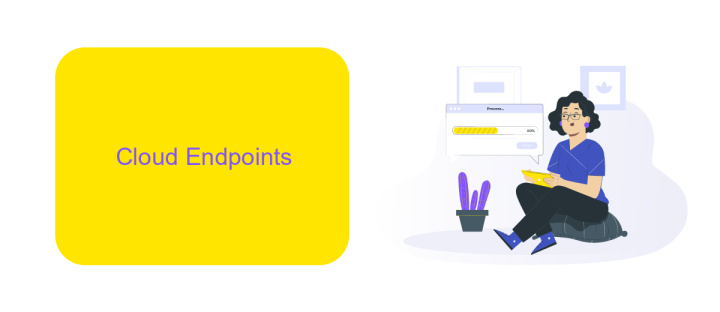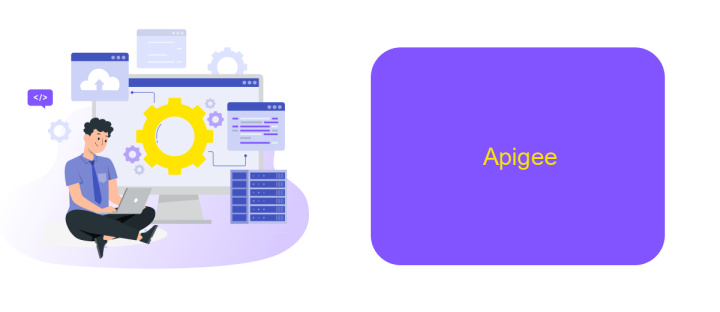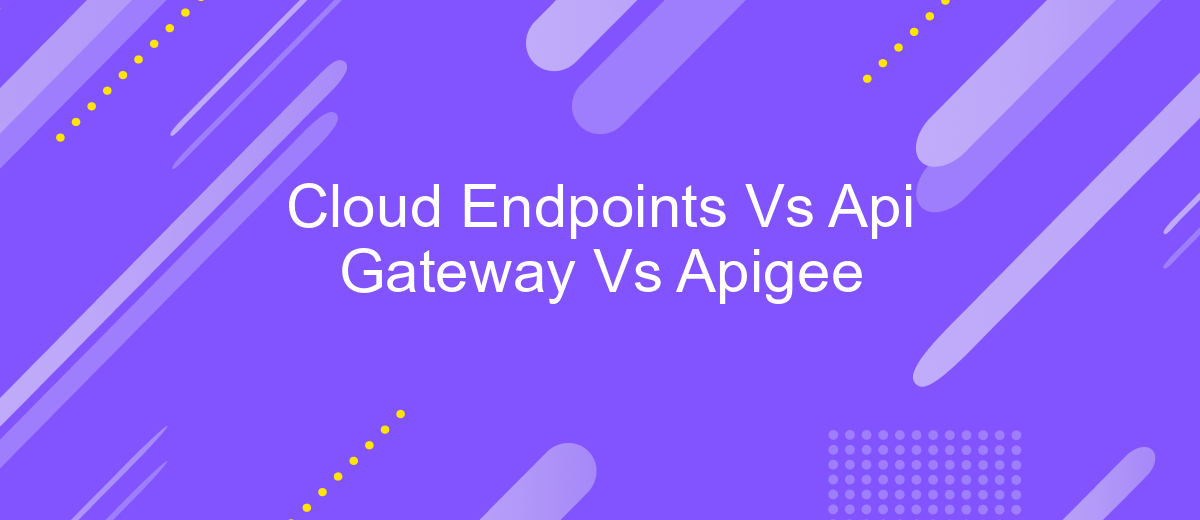Cloud Endpoints Vs Api Gateway Vs Apigee
In the rapidly evolving landscape of cloud computing, choosing the right API management tool is crucial for seamless integration and scalability. This article delves into a comparative analysis of three prominent solutions: Cloud Endpoints, API Gateway, and Apigee. By examining their features, strengths, and use cases, we aim to guide you in selecting the best fit for your organization's specific needs.
Introduction
In today's rapidly evolving digital landscape, managing and optimizing APIs is crucial for businesses of all sizes. Whether you're building a new application or integrating existing systems, choosing the right API management solution can significantly impact your efficiency and scalability. This article delves into the key differences and benefits of three popular API management tools: Cloud Endpoints, API Gateway, and Apigee.
- Cloud Endpoints: A fully managed service by Google Cloud that allows you to develop, deploy, and monitor APIs with ease.
- API Gateway: A tool by Amazon Web Services (AWS) designed to create, publish, maintain, monitor, and secure APIs at any scale.
- Apigee: A comprehensive API management platform by Google Cloud that offers advanced analytics, security, and monetization features.
Each of these tools offers unique features and capabilities tailored to different needs. For instance, if you're looking for a service to streamline API integrations, ApiX-Drive can be a valuable addition to your toolkit. Understanding the strengths and limitations of each solution will help you make an informed decision that aligns with your business objectives.
Cloud Endpoints

Google Cloud Endpoints is a powerful solution for developing, deploying, and managing APIs. It leverages the robust infrastructure of Google Cloud Platform, providing scalability, security, and monitoring capabilities. With Cloud Endpoints, developers can design RESTful APIs and gRPC services, ensuring seamless integration with various applications. The platform supports OpenAPI and gRPC frameworks, allowing for flexible API development and efficient communication between services.
One of the standout features of Cloud Endpoints is its ease of integration with other cloud services. For instance, ApiX-Drive can be utilized to streamline the process of connecting different applications and automating workflows. This integration capability is crucial for businesses looking to enhance their operational efficiency. Additionally, Cloud Endpoints offers built-in authentication and authorization, leveraging Google’s identity management services to secure APIs. This ensures that only authorized users can access the API, thus maintaining the integrity and security of the data.
Api Gateway

API Gateway is a crucial component for managing and routing API traffic in a microservices architecture. It acts as a single entry point for all client requests, ensuring that they are directed to the appropriate backend service. This centralization helps in monitoring, securing, and scaling API calls efficiently.
- Routing and Load Balancing: API Gateway routes incoming requests to the correct microservice and balances the load among instances.
- Security: It provides authentication, authorization, and encryption to protect your APIs.
- Monitoring and Analytics: API Gateway offers tools to monitor API performance and gather analytics.
For those looking to simplify integrations, services like ApiX-Drive can be invaluable. ApiX-Drive automates the process of connecting various applications and services, making it easier to manage API integrations without extensive coding. This can enhance the capabilities of an API Gateway by streamlining the setup and maintenance of API connections.
Apigee

Apigee, a product by Google Cloud, is a full lifecycle API management platform that enables businesses to design, secure, deploy, and scale APIs. It offers a comprehensive suite of tools to manage the entire API lifecycle, from creation to monetization. Apigee is particularly known for its robust analytics, developer portal, and security features.
One of the standout features of Apigee is its ability to provide deep insights into API usage through detailed analytics. These analytics help organizations understand how their APIs are being used, identify performance bottlenecks, and make data-driven decisions to improve their API offerings. Additionally, Apigee's developer portal allows businesses to engage with their developer community, providing documentation, support, and a platform for collaboration.
- Full lifecycle API management
- Robust analytics and monitoring
- Developer portal for community engagement
- Comprehensive security features
- Monetization capabilities
For businesses looking to integrate Apigee with other services, tools like ApiX-Drive can be incredibly useful. ApiX-Drive simplifies the process of connecting Apigee with various third-party applications, automating workflows, and ensuring seamless data transfer. This integration capability further enhances the flexibility and utility of Apigee as an API management solution.
Comparison and Conclusion
When comparing Cloud Endpoints, API Gateway, and Apigee, it's essential to consider their unique strengths and use cases. Cloud Endpoints, a fully managed service by Google Cloud, is ideal for developers looking for a straightforward, cost-effective solution with tight integration into the Google Cloud ecosystem. API Gateway, offered by AWS, excels in providing robust security features, scalability, and seamless integration with other AWS services, making it suitable for enterprises with complex API management needs. Apigee, a product by Google Cloud, stands out with its advanced analytics, developer portal, and extensive policy management, catering to businesses requiring comprehensive API lifecycle management.
In conclusion, the choice between Cloud Endpoints, API Gateway, and Apigee depends largely on your specific requirements and existing infrastructure. Cloud Endpoints is perfect for those deeply embedded in Google Cloud, while API Gateway is the go-to for AWS users needing high security and scalability. Apigee is the best choice for organizations looking for in-depth API management and analytics. Additionally, for businesses needing to streamline their integrations further, services like ApiX-Drive can provide valuable assistance by automating and simplifying the integration process across various platforms.
- Automate the work of an online store or landing
- Empower through integration
- Don't spend money on programmers and integrators
- Save time by automating routine tasks
FAQ
What are the main differences between Cloud Endpoints, API Gateway, and Apigee?
Which service is best for a microservices architecture?
Can I use these services for automating workflows and integrating different applications?
How does Apigee handle API security?
Is there a cost difference between these services?
Time is the most valuable resource for business today. Almost half of it is wasted on routine tasks. Your employees are constantly forced to perform monotonous tasks that are difficult to classify as important and specialized. You can leave everything as it is by hiring additional employees, or you can automate most of the business processes using the ApiX-Drive online connector to get rid of unnecessary time and money expenses once and for all. The choice is yours!


